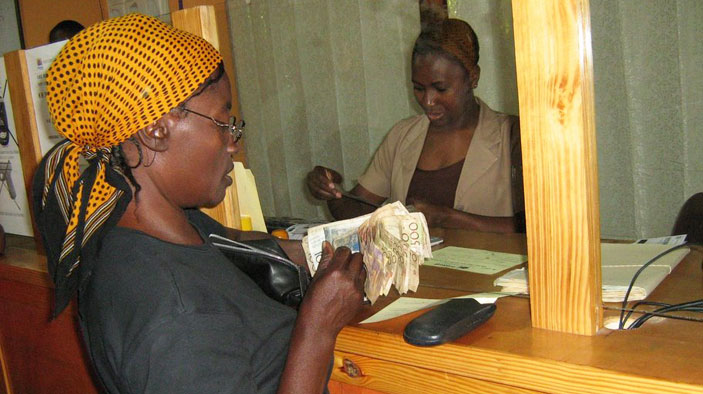Haiti—Support to Haiti’s Microfinance, Small and Medium Enterprises Sector (Haiti MSME)
Client: U.S. Agency for International Development
Duration: 2006-2009
Region: Latin America and the Caribbean
Country: Haiti
Solutions: Economic Growth
The Support to Haiti’s Microfinance, Small and Medium Enterprises Sector (Haiti MSME) project was launched by the U.S. Agency for International Development (USAID) to improve livelihoods and create employment through broader access to financial services. MSME leveraged prior USAID project successes to reach a target population that includes both potential generators of income and livelihoods (such as rural and agricultural micro, small, and medium enterprises and market-oriented enterprises) and poor and vulnerable populations (for example, out-of-school youth, HIV/AIDS-affected people, women, and rural communities). DAI spurred the development of innovative financial services for the target population through its intermediaries, including microfinance and other financial institutions and financial service associations. The goal was to enable the target population to access financial services that would help them weather economic shocks, respond to market opportunities, and invest in business growth.

Sample Activities
- Jumpstart product development initiatives, eliminate regulatory constraints and solidify microfinance and other financial institutions’ capacity.
- Launch and manage the Performance Innovation Fund, a $1.2 million grant fund that helped Haitian institutions develop products adapted to Haitian needs and improve their capacity to manage increased product and client diversification.
- Assist those financial institutions best positioned to expand the delivery of financial services to MSMEs. Haiti MSME paired local technical specialists to transfer knowledge.
- Conduct an annual microfinance census that analyzes industry trends, sharing institutional performance information for core institutions, compiling a directory on microfinance institutions’ product and service offerings, and disseminating geographical information system maps to illustrate the distribution of financial services.
Select Results
- The number of microfinance clients increased from 200,322 at the start of the project to 400,925 by the end.
- The total credit portfolio grew from $43,507,999 to $65,1014,136, and the savings mobilized by our partner institutions totaled $33,650,829—up from a baseline of $13,173,653 at the start of the project.
- The number of rural clients increased from 105,302 to 181,379.
- Partners introduced 21 new product innovations, with 70,080 clients benefitting from the new product introductions.
- Nine new value chain financing solutions were launched during the contract period.
- Points of services grew from 110 to 205.
RELATED CONTENT:
Regional—AL-INVEST Next Programme Management Unit and EU-LAC Trade and Investment
The AL-INVEST Next Programme and its EU-LAC Trade and Investment Component promote a more dynamic and sustainable economic relationship between the EU and the countries of Latin America and the Caribbean.
Read More